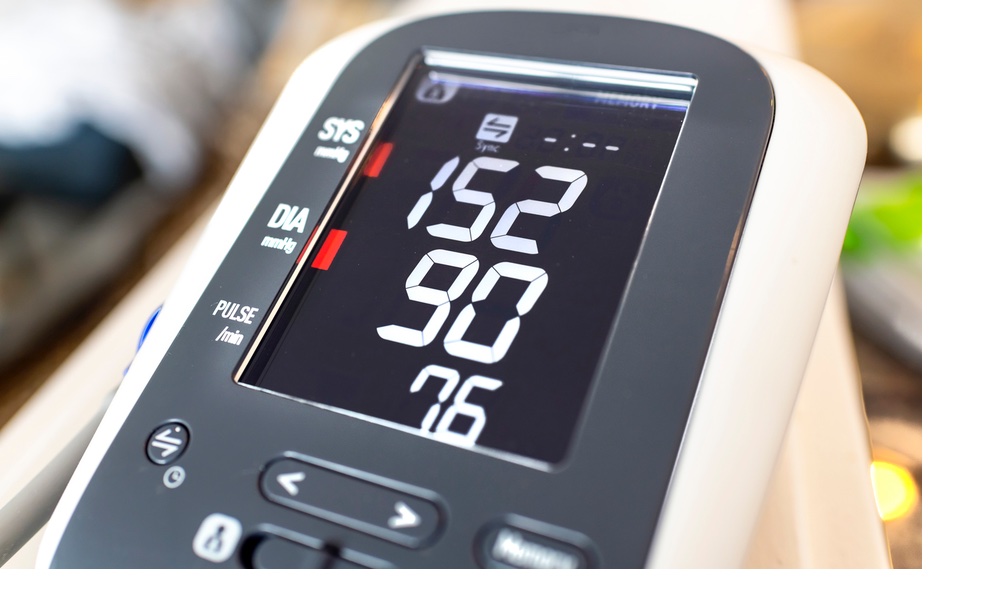Pregnant women report using cannabis to help them with sleep, depression, morning sickness and pain.
Many studies have looked at the effect cannabis use has on fetal and neonatal health, but few have researched its effect on maternal health. Now work by researchers at Kaiser Permanente Northern California has found that prenatal cannabis use could have a negative impact on maternal health.
“The relative lack of research on how prenatal cannabis use impacts maternal health versus offspring health is notable,” Kelly Young-Wolff, lead author on the study, told TheDoctor in an email.
The researchers reviewed the electronic heath records for almost 317,000 pregnancies lasting 20 weeks or longer over a nine-year period. Pregnant individuals who used cannabis in early pregnancy had a 17 percent greater risk of gestational hypertension compared to those who did not use it. They also had a 19 percent greater risk of the placenta detaching from the uterus, an eight percent greater risk of preeclampsia, a nine percent greater risk of gaining more weight than recommended and a five percent greater risk of gaining less weight than recommended.The legalization of marijuana has meant that there are more routes of cannabis consumption, including vaping and edibles. The greatest risk was associated with daily use.
There was also a close dose-response relationship between the frequency of self-reported cannabis use and the risk of gestational hypertension. The greatest risk was associated with daily use, something that Young-Wolff found concerning because, “Our prior work has shown that the frequency of prenatal cannabis use is increasing over time, with a greater proportion of those who use cannabis during pregnancy reporting daily use in recent years.”
For study purposes, cannabis use was defined as self-reported use during early pregnancy or a positive toxicology test at the beginning of prenatal care (eight to 10 weeks gestation). About 20,000 participants screened positive for cannabis.
Results from an analysis of pregnant patients who tested negative for non-cannabis substances like alcohol followed the same general pattern as the main findings. “These results indicate that risks associated with prenatal cannabis use are unlikely to be associated with concurrent use of other substances during pregnancy,” Young-Wolff, a licensed clinical psychologist and research scientist at the Kaiser Permanente Northern California Division of Research, and an Adjunct Associate Professor in the Department of Psychiatry, University of California, San Francisco, explained.
More studies are needed to better understand how the legalization of cannabis has affected the risk of adverse maternal pregnancy outcomes, Young-Wolff, added. She and her team have funding from the National Institute on Drug Abuse at the National Institutes of Health to examine how state and local cannabis policies affect prenatal cannabis use over time.
The legalization of marijuana has also meant that there are more routes of cannabis consumption, including vaping and edibles, but the impact of these different intake methods is not yet known. A large grant from the National Institute on Drug Abuse will enable Young-Wolff and her team to assess the risks associated with various cannabis intake methods during pregnancy. As a result, all pregnant patients at Kaiser Permanente Northern California are now being screened for modes of cannabis use.
The study and a related editorial are published in JAMA Internal Medicine.





